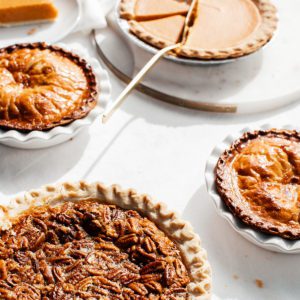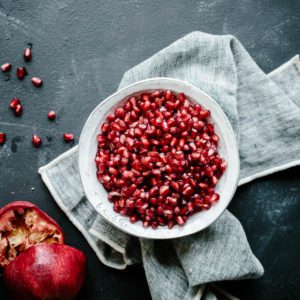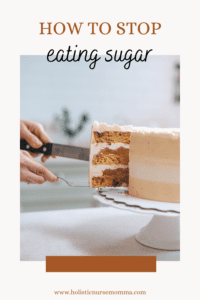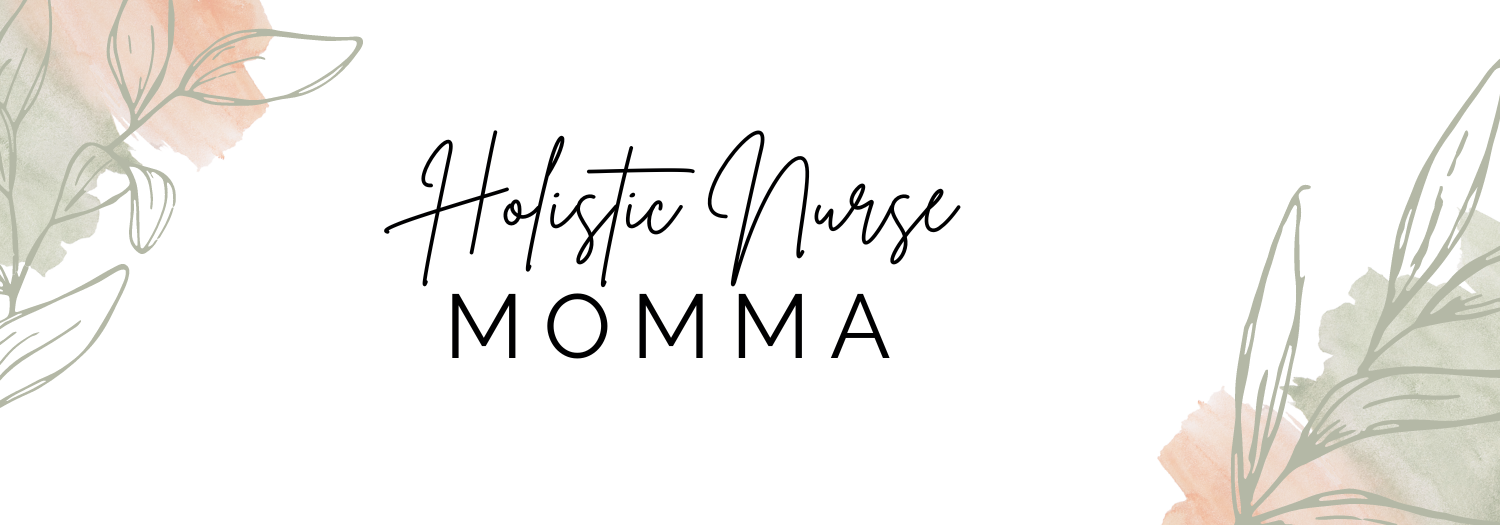I sat on my bedroom floor disgusted. I stared at an entire bag of those delicious dark chocolate, peanut better cups..that’s empty. The first one tasted good, the second not as good as the first, but I couldn’t stop. By the time I realized “one more” meant there were none left in the bag, I thought “Why did I just eat all of that?” I was a fairly health conscious person, but hadn’t begun my deep journey into health that would eventually lead me to finally being able to ditch sugar.
Does this sound familiar?
Maybe it’s happened to you. You’re cleaning up after supper and you spot them: cookies. Those. Little. Devils. You eat one, two, maybe three, then go to bed feeling gross & upset with yourself. Or maybe you had a bad day. You’re upset, ready to hide in the closet when you remember that you made cupcakes for your daughter’s valentines party. You go into the kitchen and eat every last one up. You feel a little better as you’re eating them, but afterward feel sick to your stomach.
Sugar is Addictive
The British Journal of Sports Medicine stirred up some people after publishing an article stating that rats would get more addicted to sugar than they did cocaine. They also noticed that sugar with drawls occurred if they stopped giving them sugar. Of course, others came out saying that it wasn’t possible for sugar to be addicting for XYZ reason. But anyone who has had a craving for the white stuff would probably affirm what this study says, me included.
If you look at it from a biological stand point, our ancestors needed carbs that could be quickly processed to maintain their energy. They, fortunately, only had natural sugars that came with the benefits of vitamins and minerals packed in with them. We, unfortunately, have processed sugars lingering in everything from candy bars to pasta sauces.
Sugar & Your Health
In the 1960s, studies were coming out pointing to salt as being horrible for your health. During this time, we saw food labels showing a daily percentage allowance to help “combat heart disease”. Everywhere you looked, salt became the bad guy. But could those studies have been misleading? Could something else be causing all the cardiovascular disease (CVD) & obesity? Unfortunately, it wasn’t until the 1980s when studies had to disclose where they received their funding from. But people can, and do, eventually connect the dots. Dr McGregor does a great job showing how the sugar industry manipulated studies to point fingers at salt and away from sugar in the fight against CVD & obesity.
According to the American Heart Association (AHA), the recommended daily intake of added sugar is not to exceed 36 grams (9 tsp) for men and 25 grams & 25 grams (6 tsp) for women. Flip over your pasta sauce jar and you may see that 1/2 cup of sauce has NINE grams of daily added sugar. Pasta sauce isn’t even sweet!
Unfortunately if you love to “taste the rainbow”, you’re about to taste what it feels like to have a variety of health problems like:
- Liver disease
- Heart disease
- Type II diabetes
- Autoimmune disease
- Cancer
- Depression
- Obesity
Hidden Sugar Names
If you want to ditch sugar cravings, you’re going to have to know what names to look for on your food labels. You maybe tired of me saying “you must read labels!” but it’s the only way to really know what are in your products.
- agave nectar
- barley malt
- beet sugar

Social Squares - brown sugar
- buttered syrup
- caramel
- carob syrup
- corn syrup
- dextran
- dextrose
- diastase
- diastatic malt
- ethyl maltol
- fructose
- malt syrup
- maltodextrin
- maltose
- malitol
- mannitol
- raw sugar
- refiner’s syrup
- sorbitol
- sorghum syrup
- sucrose
- turbinado sugar
- yellow sugar
Some of these may seem innocent enough, but they cause the same problems with little to no nutritional benefits. Although these alternatives still cause blood glucose spikes, they at least hold some nutritional benefits.
- Coconut Palm Sugar
- can be used 1:1 in baking recipes for regular sugar
- Honey
- may help with seasonal allergies too
- Maple Syrup
- this dark syrup also had vitamins and minerals thrown in!
- Organic Cane Sugar, beet sugar, evaporated can sugar
- if you’ve got a recipe you have to use sugar for, try to opt
Now, Stop the Cravings 
The ultimate goal is to prevent our blood sugar (AKA blood glucose) from spiking multiple times throughout the day. This has numerous health benefits but will also help with curbing sugar cravings and being able to ditch sugar for good.
1. Stay Away From Sugar
This may seem obvious, but you wouldn’t believe all the places added sugar lives. When you’re able to cut out sugar, you’ll notice you crave it less. Since going plant based, I’m not craving chocolate right before bed. Yes, I use to eat some form of chocolate every night after supper. But now that we read food labels and eat whole foods, I don’t crave it.
So cut out you sugar laden cappuccinos, sodas, fruit juice, candy…you get the picture
2. Read Your Labels
Look out for ingredients with the names I listed above. When you first start reading labels, you’ll notice it everywhere you turn & it may seem hard to shake. But, if Ron can ditch Lavender Brown you can ditch sugar my friend. You need to start identifying what it’s in and where you’re getting it from.
You’ll find that most process foods are going to have added sugar. So that leads me to my next point..
3. Eat Whole Foods
Stop bringing the sugar into your life. Opt for fruits and vegetables, brown rice, & quinoa paired with a protein (almond butter, eggs, chicken, tofu, etc) to stop glucose spikes. We even make oat flour pancakes and muffins to avoid unnecessary flour, since flour acts on the body similar to sugar. I use to have a sandwich every day at lunch, but since switching to a whole foods lifestyle, I don’t even do that anymore.
Making a healthier sugar shift may also help you. By this, I mean eating fruit, making a fruit smoothie, or making something similar to these date balls. So, instead of these fake health foods, use the shopping list you’ll get for these plant based recipes and grab some food your body will thank you for.
4. Get Enough Rest
Ensure you get 7-8 hours of restful sleep. When you haven’t slept long enough, your body craves simple carbs to give you quick energy. It wants fast energy & these don’t take long to digest so you crave them. This means when you see white bread, sugar, etc your will want to gobble them all up. Another interesting thing I’ve learn is when we drink coffee, it maybe more beneficial for you to drink your (black or close to black) coffee AFTER breakfast. I need to work on this one!
5. Reduce Stress
Similar to getting enough sleep, ensure you reduce stress in your life. When you’re stressed your body wants to feel good. When you eat sugar, your brain gets a ‘feel good’ hit, so your body craves it to start feeling better. But this short term good feeling can lead to a long term crappy feeling – so do yourself a favor and find a healthy outlet for stress.
6. Start your day with healthy fats and proteins
Say so long to your sugar laden cereals (yes, even the ‘healthy’ ones.) Instead you can opt for:
- boiled eggs chopped up and put on avocado toast
- protein overnight oats topped with fruits and nuts (just add protein power to this overnight oat recipe)
- egg and veggie burritos (you can make them over the weekend then keep them in your fridge and freezer)
I want to challenge you to go 7 days, reading labels, and not eating more than your recommended amount of sugar. Then, see how you feel. Let me know if you’ve ever or are trying to ditch sugar!


Leave a Reply